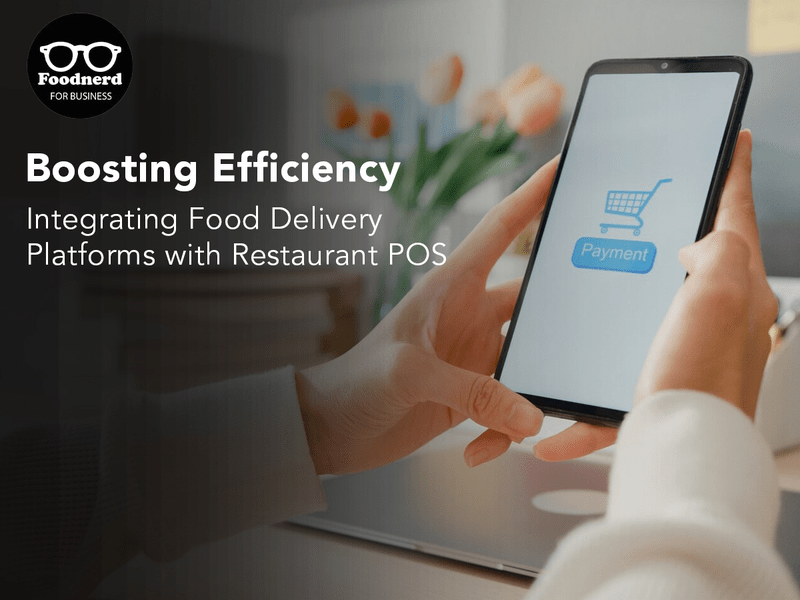
- Sana Khan"
- 2023/11/01
- 0 Comments
- 0 Likes
Food waste and hunger are two sides of the same coin, same as abundance and scarcity co-exist. Each year, billions of tons of food are wasted globally while millions go hungry and has a significant societal and environmental concern. Addressing this challenge requires a collective effort and innovative solutions that tackle the problem at its root.
Hope for a world where every meal served contributes to a hunger-free planet and minimizes food waste. This dream is no longer a distant aspiration but an actionable reality while following the considerations taken. Let's understand first,
What is Zero Waste? It’s a sustainability approach that encourages individuals and businesses to reduce, reuse, and recycle to minimize waste generation. It's a commitment to sending nothing to landfills and incinerators, focusing on the responsible use of resources.
Role of the Food Industry: Food waste is a significant concern globally, with millions of tons of edible food discarded each year. In the restaurant and hospitality sector, food waste is a persistent issue that needs to be addressed. Let’s dive in to get insight into how the food industry can contribute to Zero Waste.
One way the food industry can reduce waste and improve efficiency is by adopting POS systems. The implementation of POS systems has significantly enhanced business operations by simplifying calculations and optimizing production levels without waste. By using every part of ingredients and minimizing food preparation waste, they can promote a zero-waste approach while providing exceptional food.
NO Food Waste practices can lead to the creation of surplus food that can be donated to local shelters and food banks and it helps to eradicate hunger. Working with such organizations that promote a world without hunger is an important step in ensuring that excess food does not go to waste.
Benefits of a No-Food Waste Approach
Environmental Sustainability
Implementing Zero Waste practices significantly reduces the environmental impact of the food industry. It conserves resources, decreases pollution, and lessens the burden on landfills.
Cost Efficiency
Reducing food waste not only benefits the environment but also improves the bottom line. By minimizing waste, businesses can cut costs and improve their profitability.
Building a Positive Brand Image
Consumers are increasingly choosing businesses that are environmentally responsible. A Zero Waste commitment can enhance a restaurant's reputation and attract more customers.
Conclusion
Embracing a Zero Waste approach in the food industry is a win-win solution. It not only reduces the environmental footprint but also helps fight hunger. The food industry can make a big difference by implementing POS systems, creating delicious food without waste, and working together for a world without hunger.
To Join this Cause: Click here
To Read More about POS Read Here
Recent Blogs
Streamline Your Restaurant Operations with Foodnerd POS: Solutions for Common Challenges
Challenges are very common in running businesses especially in the restaurant sectors. Some most common challenges that every restaurant owner faces are inefficient operations, managing business re...
Maximizing Efficiency: Splitting Payment with Foodnerd POS
Undoubtedly, point of sale (POS) solutions have brought a lot of ease in managing business operations, specifically in the restaurant industry. From customer’s orders to paying bills, restaurant PO...
Boost Efficiency: Integrating Food Delivery Platforms with Restaurant POS
As the technology is growing faster and getting advanced, customers expect their favorite restaurant to offer easy and convenient ordering options especially for delivery. Delivering food at custom...



Write a Comment